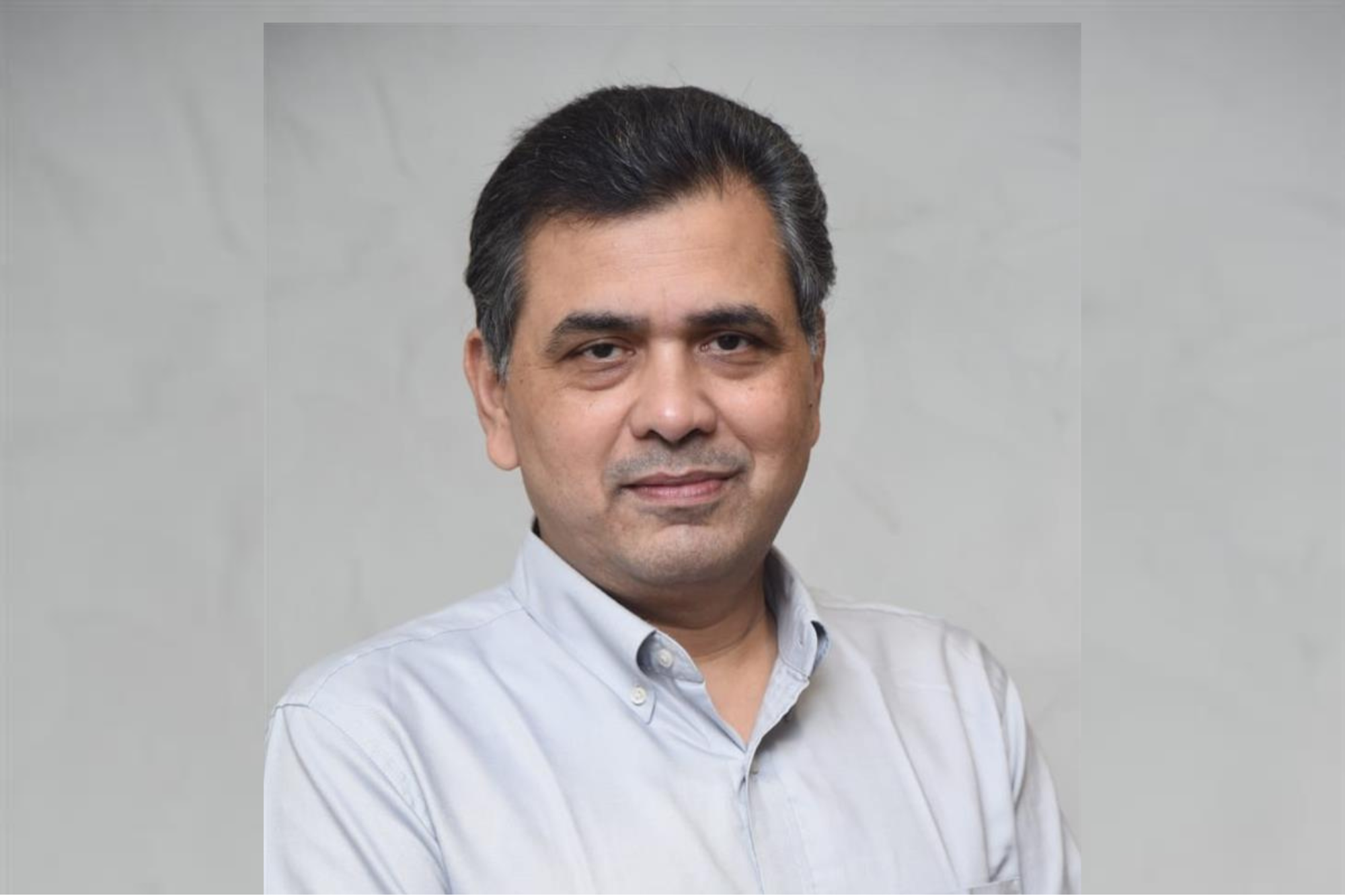The AI Talent War Heats Up as Global Giants Chase Superintelligence—What Does It Mean for India? While Silicon Valley is in a frenzy, India is witnessing its own workforce disruption particularly among Gen Z professionals
Opinions expressed by Entrepreneur contributors are their own.
You're reading Entrepreneur India, an international franchise of Entrepreneur Media.

The artificial intelligence (AI) market is heating up with a fierce talent war. Global tech giants are now aggressively vying to hire the best AI minds to build next-generation superintelligence.
The competition escalated when Meta's CEO Mark Zuckerberg reportedly offered compensation packages worth USD 100 million to attract top AI talent. Other major players, including OpenAI, are following suit in an effort to retain their top researchers amid growing poaching attempts.
Zuckerberg is said to be personally leading an aggressive talent acquisition strategy, targeting employees from AI-focused startups including OpenAI co-founder Ilya Sutskever's new venture, Safe Superintelligence (SSI). In addition to recruiting Wang and several employees from Scale AI, Meta's new AI division is expected to include SSI co-founder and CEO Daniel Gross. Former GitHub CEO Nat Friedman will co-lead Meta's Superintelligence Labs with Wang, focusing on AI product development and applied research.
Meta also made headlines last week by hiring Indian-American Trapit Bansal, a leading researcher from OpenAI. According to sources, Zuckerberg has already onboarded 11 new hires from OpenAI, Anthropic, and Google.
Amid these developments, OpenAI has launched an urgent internal effort to stem the tide of talent loss to Meta and other rivals. Mark Chen, Chief Research Officer at OpenAI said, "It feels like someone is breaking into our house and stealing something."
This global tug-of-war is expected to further drive up the price of AI talent.
What does it mean for india?
While Silicon Valley is in a frenzy, India is witnessing its own workforce disruption particularly among Gen Z professionals.
According to new research by Deel, 41 per cent of India's Gen Z white-collar workers are dissatisfied with their current pay. The discontent is especially high in metro cities like Delhi/NCR (55 per cent) and Mumbai (48 per cent). This is despite Indian Gen Z seeing the fastest salary growth globally at 11 per cent.
Notably, job-switching intent is highest among IT professionals, standing at 85 per cent.
"Gen Z professionals know their worth, especially in sectors like IT and professional services where demand for skilled talent is at an all-time high," says Sumit Sabharwal, Country Leader for India at Deel. "They're entering the workforce with in-demand skills and digital fluency and are far less willing to settle for compensation that doesn't reflect that."
Sabharwal notes that dissatisfaction stems largely from stagnant salaries that haven't kept pace with inflation or the rising cost of urban living.
The global pull: remote work and rising expectations
This dissatisfaction is driving India's Gen Z toward global job markets. Nearly 69 per cent of respondents said they are ready to switch jobs, while over half (51 per cent) would accept a fully remote role with a global company if offered better pay.
This inclination is highest in tech hubs like Bangalore (74 per cent), Mumbai (67 per cent), and Chennai (65 per cent)—cities home to tech-savvy youth exposed to international work cultures and remote job opportunities.
"Young professionals know they have options and are less willing to compromise," Sabharwal adds. "At the same time, global companies are actively hiring Indian talent. The USA, Great Britain, and Singapore are among the top destinations for remote hires from India."
Pallavi Hirwani, COO at GetWork, echoes this sentiment. "International job exposure is seen as a faster route to personal and professional development. It offers opportunities to learn global best practices, build a diverse network, and gain cross-cultural experience."
Startups under pressure amid AI talent crunch
Gen Z already comprises around 25 per cent of India's workforce, and this number is projected to grow to 47 per cent by 2035. Their expectations are reshaping how employers think about workplace benefits and career paths.
The AI talent war is now trickling down to startups, many of which are feeling the heat to match inflated pay scales to retain high-demand talent.
"Many startups are facing talent shortages, especially in skills like AI, data science, and product development. As India grows into the world's third-largest startup ecosystem, founders are scaling fast for global markets. But that momentum also intensifies competition for talent often against larger enterprises that can offer higher salaries and stronger brand equity," notes Sabharwal.
Deel's India Talent Landscape Survey shows that while 64 per cent of early-stage startups are hiring locally, 66 per cent cite high salary expectations as a major challenge. For resource-conscious startups, this talent gap can stall growth. "That's where global hiring becomes a game-changer," Sabharwal adds. "By tapping into remote talent across borders, startups can access niche skills, stay agile, and scale without being limited by local talent shortages."











